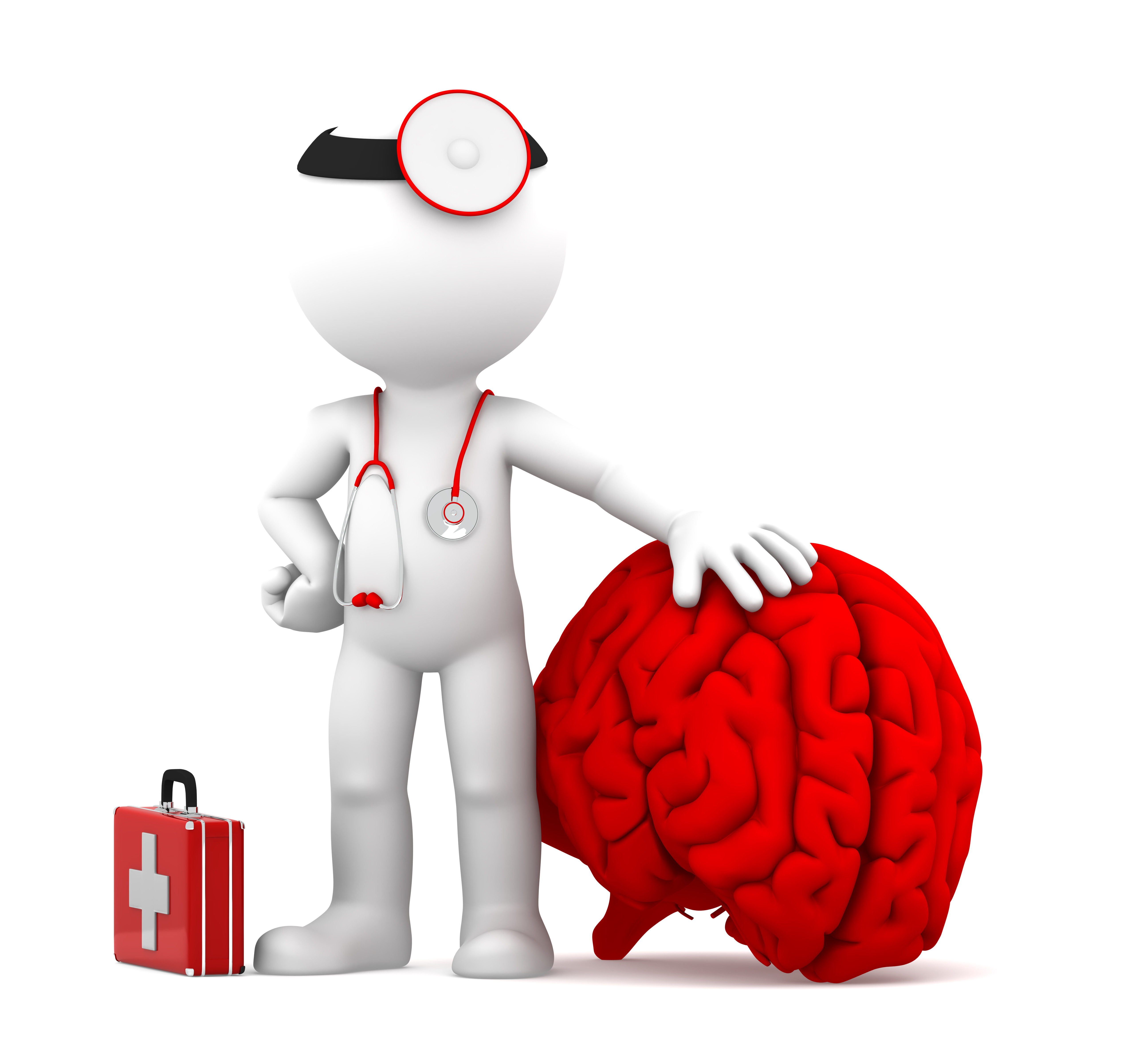Delusions
Lesson 10
What are delusions
Delusions are false beliefs which are not shared by other members of an individual's cultural or social group and which arise from the incorrect interpretation of external events. Characteristically, these beliefs are unshakable and not amenable to reason, however illogical or unreasonable they may seem to others.
Delusions are a sign of serious mental disorder, possibly psychotic illness, in which an individual to some extent loses touch with reality.
The following are some of the more common forms:
- Delusions of reference: Systematically interpreting neutral remarks as severe personal criticism.
- Delusions of grandeur: Imagining exaggerated self-importance.
- Delusions of control: Imagining one's mind or actions to be controlled by an external force.
- Delusions of jealousy: Unfounded conviction that a partner is persistently unfaithful.
- Religious delusions: False conviction of having direct contact with divine power.
- Nihilistic delusions: The conviction that part or all of experience is unreal.
- Delusions of guilt: False conviction of sinfulness, deserving punishment.
- Persecutory delusions, such as the conviction of being followed, may be strongly defended by sufferers, and difficult for others to disprove.
What causes delusions
Usually, delusions occur as part of a wider psychiatric disorder such as: Schizophrenia: This is
also characterized by signs such as the breakdown of normal thought processes, and a loss of ability to think or speak logically.Manic depression: This is characterized by delusions and involves severe persistent mood swings from depression to mania (extreme elation).
Delusional disorders: These are rarer disorders in which delusions occur as the main symptoms, often without any other indications of psychosis or underlying disease.
Organic disease: Physical illness or brain disease may cause delusions.

What can I do to avoid delusions?
There is no way of preventing the onset of psychotic illness.
After recovery from such an illness, you may need to take medication for some months or years; and to take precautions against undue stress, to reduce the risk of relapse.
How do delusions differ in different illnesses?
.
Schizophrenia: In schizophrenia, delusions may be varied in content and are often bizarre, depicting impossible situations. Sufferers may believe that their thoughts and behaviour are being controlled by some outside agency such as a creature from another planet, or by some ethereal phenomenon, such as radio waves or X-rays.
Delusions of reference may lead sufferers to maintain that newspapers, TV or radio programmes are constantly referring to them.
Delusions of persecution are also common where sufferers are convinced against all evidence that individuals or organizations are conspiring to harm them.
Depression: In severe depression, delusions may be present, with typical themes of guilt, deserved punishment, poverty, death, nihilism and catastrophe.
Sufferers may come to believe they have committed some terrible sin or heinous crime, and deserve punishment.
They may believe that they have incurable cancer, that their bowels have ceased to function, that their insides are rotten or that their brain is damaged or missing.
They may even believe they are already dead or that the world is about to end.
Other delusional disorders
Here, the main symptoms are delusions only, and the content of them is at least possible. For example, in morbid jealousy, a man might believe his wife to be unfaithful, and in erotomania, a woman might believe that a celebrated star is in love with her.
Organic disease: In this case a variety of delusions may occur, but delusions of persecution are especially common.
How are delusions diagnosed and treated
The diagnosis is made by skilled questioning of the patient about beliefs and experiences, and by interviewing close relatives and friends of the patient.
The doctor will also carry out a physical examination and make blood tests to ensure there is no underlying physical cause.
When should I see my doctor
It is important for someone who develops delusions to consult a doctor as soon as possible. Often sufferers will not recognize the illness and it will be up to those close to them to seek help.
What will the doctor do
Are delusions dangerous
People with morbid jealousy may become violent towards their partner. Those suffering psychotic illnesses sometimes harm themselves or commit suicide, but they are not usually dangerous or violent towards others.
FURTHER INFORMATION
If you suspect someone close to you suffers from delusions, the following mental-health charity can offer advice:
Mind
15-19 Broadway, Stratford, London E15 4BQ
T: 020 8519 2122, F: 020 8522 1725
e: supporterrelations@mind.org.uk
Mind Cymru
3rd Floor, Castlebridge 4, Castlebridge,
5-19 Cowbridge Road East,
Cardiff CF11 9AB
T: 029 2039 5123
e: supporterrelations@mind.org.uk
